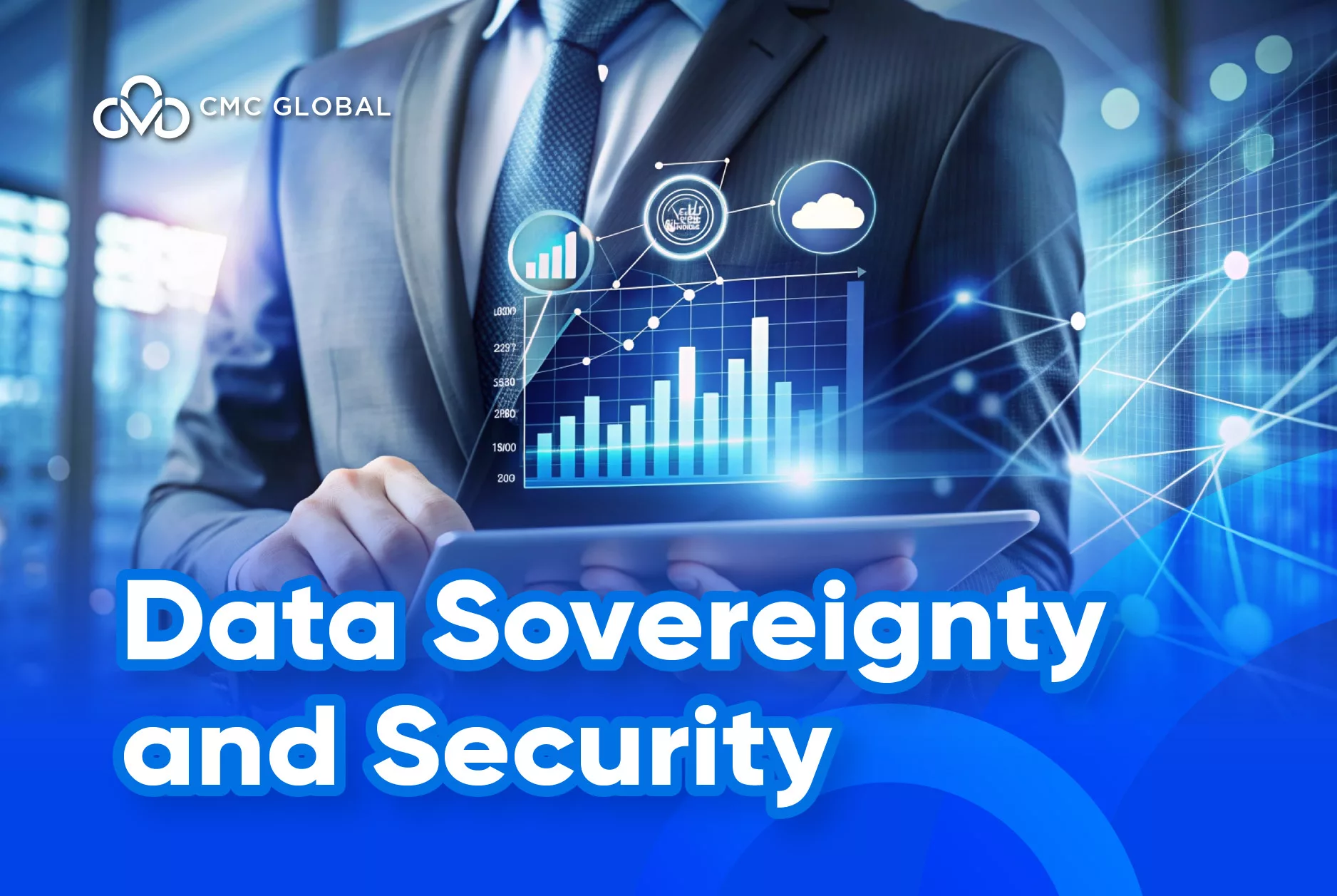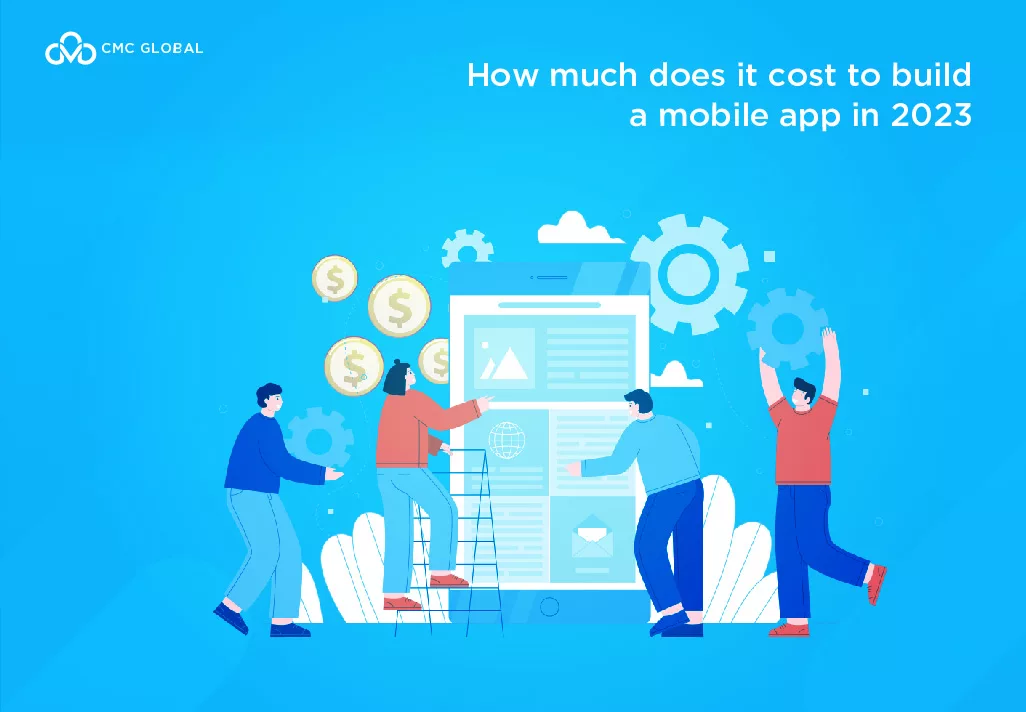For US businesses, navigating data sovereignty has become increasingly complex, with evolving laws like HIPAA, CCPA, and GDPR shaping how and where sensitive information can be stored, accessed, and processed. At the same time, many organizations are looking offshore to build tech teams that can deliver innovation at scale while controlling costs.
The challenge lies in striking a balance: how do you leverage offshore talent without compromising compliance or security?
Data Sovereignty 101: What US Companies Must Know

Data sovereignty refers to the principle that digital information is subject to the laws and governance of the country in which it is stored. For US businesses, this means compliance isn’t optional, it’s a legal requirement with high stakes.
Non-compliance with HIPAA can lead to fines of up to $1.5 million per violation per year, while breaches under the CCPA may result in costly lawsuits and reputational damage. The financial stakes are even higher when breaches occur. In 2024, the average cost of a data breach in the US hit $9.36 million, the highest in the world, with healthcare breaches averaging nearly $9.77 million per incident.
In a climate where trust is as valuable as innovation, ensuring data stays protected and compliant is not just a regulatory checkbox, it’s a business imperative.
The Hidden Risks of Offshore Outsourcing

While offshore development offers cost savings and access to global talent, it also raises legitimate concerns around data security and compliance. Some of the most pressing challenges include:
- Data residency issues: Sensitive data may be stored or processed outside of US borders, raising questions about jurisdiction and regulatory alignment.
- Legal complexity: Cross-border data transfers can create gaps in accountability, making it difficult to determine which laws apply in the event of a breach.
- Vendor security gaps: Not all outsourcing providers operate at the same security standards, increasing the risk of vulnerabilities or inconsistent practices.
- Oversight challenges: Distance, time zones, and cultural differences can make it harder to monitor compliance practices in real time.
Globally, the average cost of a data breach has risen to $4.88 million, underscoring how even a single security lapse can undo the financial benefits of outsourcing. These risks don’t mean offshore outsourcing should be avoided, they highlight the need for a compliance-first strategy.
Building a Compliance-First Outsourcing Strategy

The good news is that US companies can build secure, compliant relationships with offshore teams by putting the right practices in place. Some proven strategies include:
Work with certified partners
Look for vendors that meet global standards like ISO/IEC 27001, SOC 2, or HIPAA-readiness. Certifications demonstrate not just technical capability but a commitment to rigorous security processes.
Define strict data handling policies
Set clear rules for encryption, access control, and data retention to ensure consistent protection across borders.
Implement governance and SLAs
Establish frameworks for monitoring, audits, and clear service agreements that outline compliance responsibilities.
Prioritize transparency
Open communication and accountability should be non-negotiable, with regular compliance reviews and reports built into the partnership.
By approaching outsourcing with a compliance-first mindset, US businesses can protect themselves from legal and reputational risks while still enjoying the benefits of offshore collaboration.
Vietnam & CMC Global: Your Secure Gateway to Offshore Success

When it comes to selecting a trusted offshore destination, Vietnam is increasingly standing out. The country has rapidly developed into a global IT hub, offering a large pool of skilled software engineers, government-backed cybersecurity initiatives, and competitive cost advantages compared to other regions like India or Eastern Europe. Vietnam’s IT sector has also built a reputation for delivering high-quality services in regulated industries such as finance and healthcare: fields where security and compliance are non-negotiable.
Among Vietnam’s leading technology partners, CMC Global has established itself as a trusted choice for US businesses seeking to balance innovation with compliance. The company holds ISO/IEC 27001 certification, a globally recognized standard for information security management. With deep experience serving US clients, particularly in sensitive sectors like fintech and healthcare, CMC Global has built delivery models that prioritize compliance, security, and scalability.
What sets CMC Global apart is its ability to offer flexible engagement models tailored to US regulatory requirements. Whether it’s ensuring HIPAA-compliant processes for healthcare clients or safeguarding financial transactions for fintech companies, the company embeds compliance frameworks into every stage of the development lifecycle. More than just a vendor, CMC Global positions itself as a strategic partner, helping US businesses achieve both cost efficiency and regulatory peace of mind.
Contact us for further consultation!




